The President
World Medical Association
It has come to my attention that the World Medical Association, guided by recommendations by working group on abortion policies (WGAP), has plans to introduce two policy measures to facilitate worldwide abortion and euthanasia by curtailing doctors’ conscientious objection.
This is to be achieved through deceptive language, pressure on doctors by national regulatory bodies and legal force to weaken national laws protecting human life.
As regards abortion, I understand that a revision is being considered to the Declaration of Oslo on Therapeutic Abortion (2006). The proposal put forward by the Working Group on Abortion Policy (WGAP) explicitly requires referral and also requires that the physician who objects must nevertheless provide “safe abortion” in some circumstances.
The distinction between a therapeutic abortion and an elective abortion has been removed in the proposed policy. And a broader definition of the mother’s health can now necessitate an elective abortion.
Language like this has led the regulator to require that physicians prescribe the “chemical abortion pill” when the patient has no other way of accessing it, regardless of conscientious objection.
In addition, other clauses from the original declaration have been revised by the proposed amendments, including referring to the “fetus” rather than the “unborn child”.
Regarding euthanasia, I have also been informed that Canada and the Netherlands have proposed changes to the WMA policy on euthanasia (see below).
………………………………….
RECOMMENDATIONS
8. The WMA does not support euthanasia or physician assisted suicide, but WMA does not condemn physicians who follow their own conscience in deciding whether or not to participate in these activities, within the bounds of the legislation, in those jurisdictions where euthanasia and/or physician assisted dying are legalized.
9. No physician should be forced to participate in euthanasia or assisted suicide against their personal moral beliefs. Equally, no conscientiously objecting physician should be forced to refer a patient directly to another physician. Jurisdictions that legalize euthanasia or physician assisted suicide must provide mechanisms that will ensure access for those patients who meet the appropriate requirements. Physicians, individually or collectively, must not be made responsible for ensuring access.”
………………………………..
By saying that the WMA does not condemn physicians who perform euthanasia where it is legal, the WMA is saying that euthanasia can be ethical if it is legal. For Canada and the Netherlands, with now the most liberal euthanasia laws in the world, to ask the WMA to be neutral on the ethics of assisted suicide and euthanasia is to invite legalization in additional countries.
Based on the Canadian experience, acceptance of the ethical neutrality of medically-assisted death has resulted in almost immediate challenges for physicians who are unable to refer because of moral, religious, or ethical concerns. It is a serious problem, with physicians put in the impossible position of having to choose between their conscience and being allowed to continue to care for their patients.
The legal trajectory appears to be headed toward a very low and ambiguous threshold for euthanasia, propelled by deceptive language, financial constraints and the deformation of human rights.
-The legal test is that the patient must have a “grievous and irremediable condition”.
-The irremediable part refers to a remedy acceptable to the patient.
-The requirement that they be suffering is a totally subjective test.
-The clause in the legislation that death must be “reasonably foreseeable” is being challenged in court and has already been undermined.
Essentially there is no objective place to draw the line.
Those who have studied euthanasia know that once you allow it in one case, it becomes virtually impossible to restrict its use in others. And many serious issues such as the protection of vulnerable patients – the disabled, the isolated, indigenous peoples, those with mental illness or dementia and minors – are at stake.
The explicit protection of conscience in the proposed revision is very welcome and necessary but it is insufficient, given the proposed changes to the policy on abortion referred to above, and the proposed change in the ethical position on euthanasia. Clearly, assurances put in place to gain acceptance of a controversial procedure quickly disappear once a procedure has gained acceptability by the medical mainstream.
A change of policy at the World Medical Association would place current national policies on conscientious objection under increased scrutiny, and put conscientiously objecting physicians around the world under increasing pressure to care for patients while being threatened by a policy requiring referral for abortion and euthanasia, along with performance of these procedures in emergency situations. If they do not comply with the policy they find themselves at risk of professional discipline.
The threat to medical ethos, predicated as it is on respecting life without equivocation, will cause irreparable damage to to the practice of medicine and undermine the standard of care. Doctors who have exercise their right of conscientious objection to abortion and euthanasia will find themselves victims of coercion by their professional societies and the State. Their commitment to heal the sick and to provide comfort to the dying will be undermined, as they are forced motivation to violate their conscience or leave the professional altogether. This oppression of the silent majority by the vocal minority cannot end well.
We urge you to reconsider your stand.
Sincerely,
Dr John Lee, President FIAMC
……………………………..
ITALIANO: http://www.fiamc.org/uncategorized/il-presidente-lee-allassociazione-medica-mondiale/

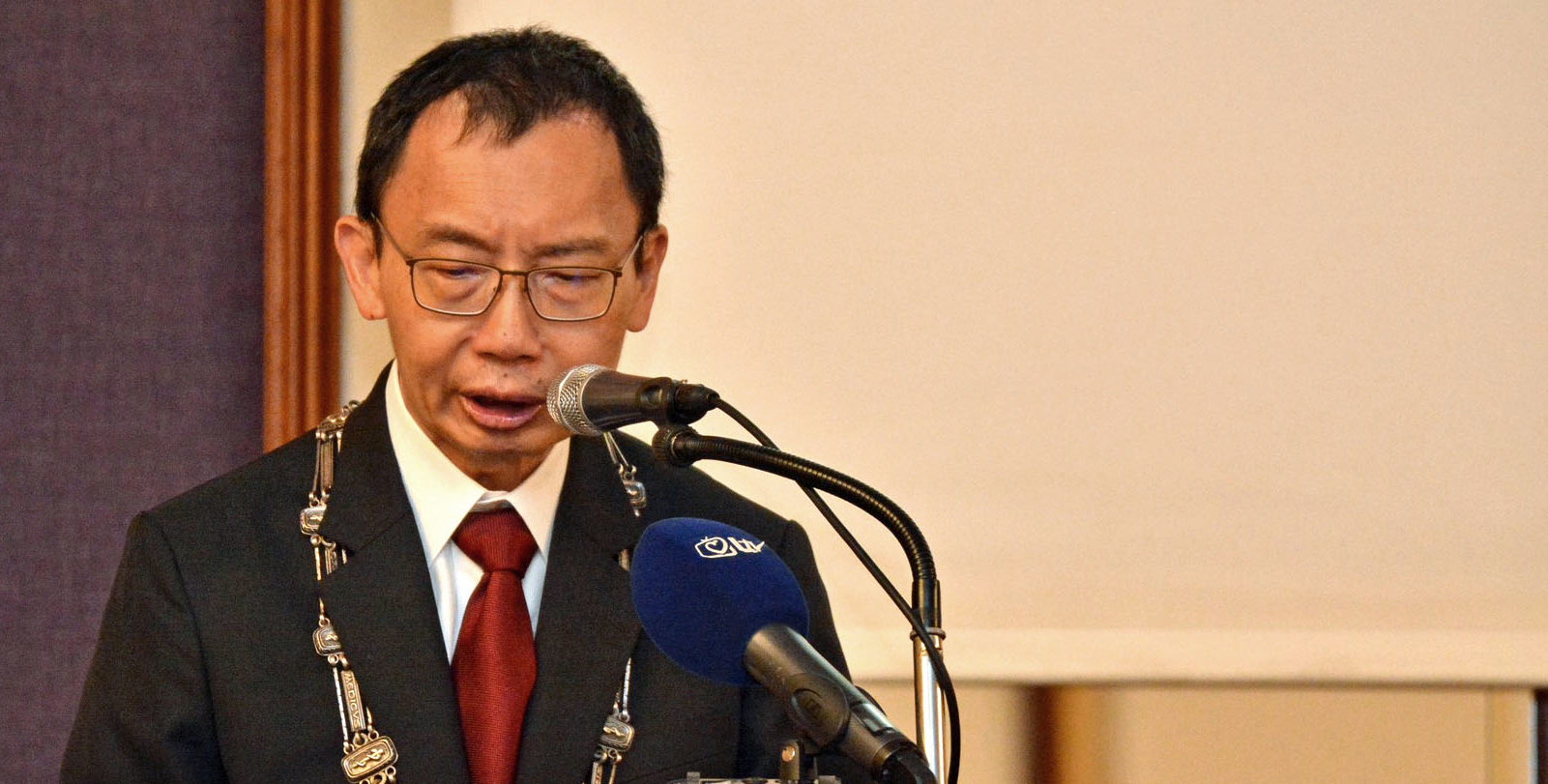

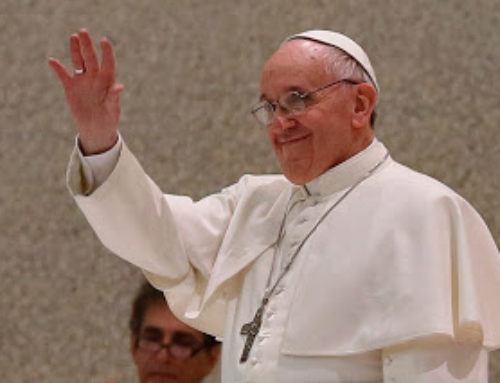
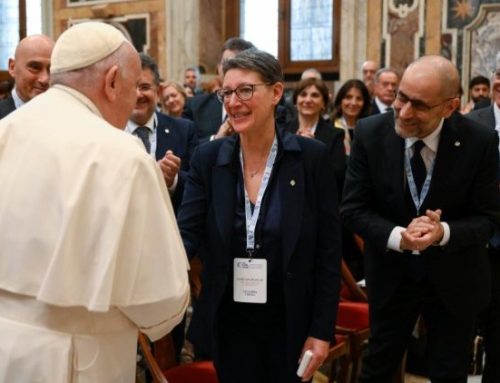
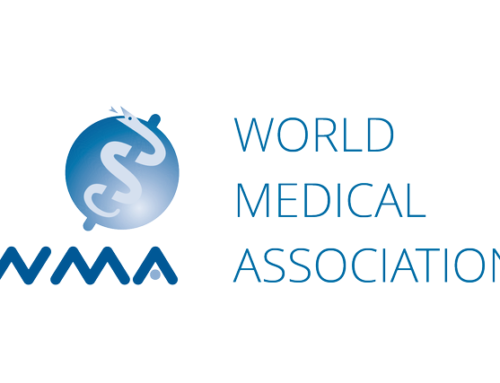
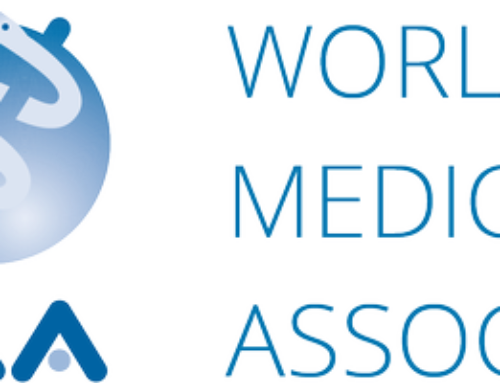




http://www.fiamc.org/uncategorized/il-presidente-lee-allassociazione-medica-mondiale/
http://www.fiamc.org/uncategorized/in-pericolo-lobiezione/